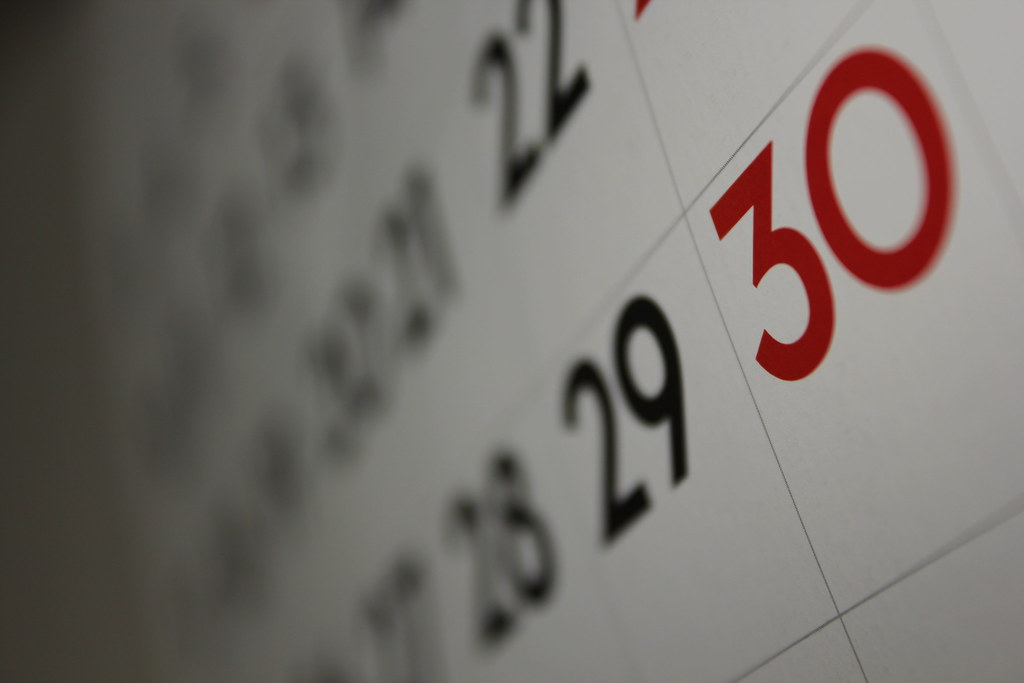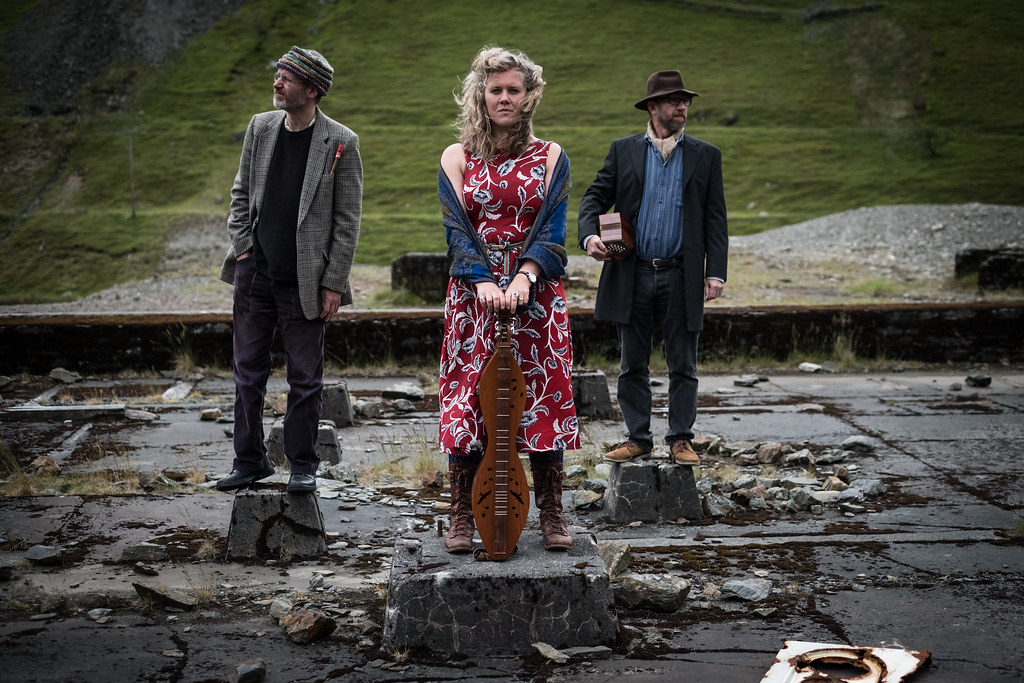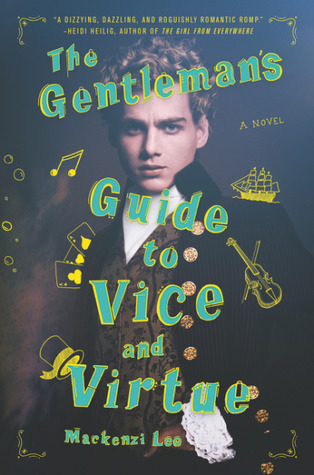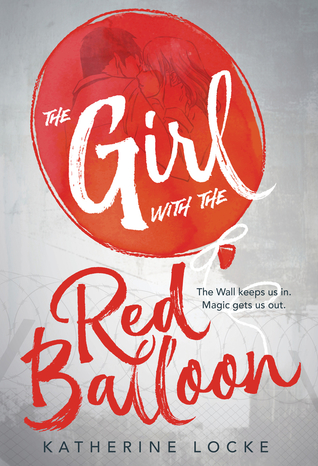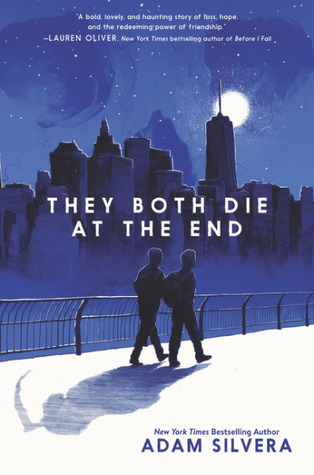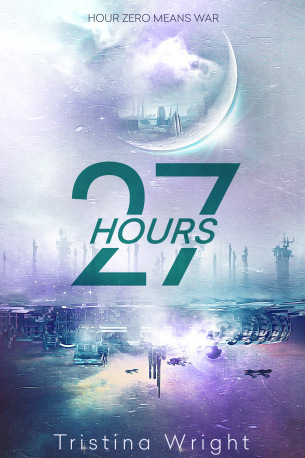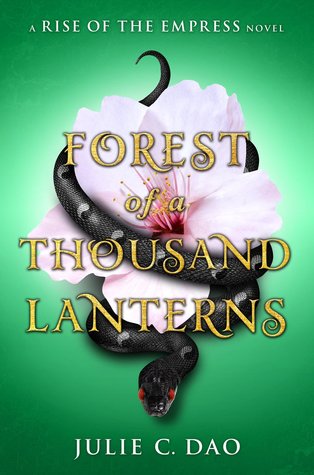I'm the kind of person who likes—and often needs—to plan things out in advance. Whether it's plans to go out, plans for work, plans for trips, etc. I'm a planner both with my manuscripts and my everyday life. Planning makes me feel grounded, and allows me to prepare for what to expect for the day. It leaves me with a sense of solid surety that I can handle today's tasks.
While there are certain big things I can plan—my education, for example, and large life decisions that are under my control—a writing career is not one of them.
Sure, I can plan for things on my end—how many manuscripts I'll write this year, and in what order, and when I'll aim to have things ready for my critique partners and agent. I can plan my manuscripts themselves and set up a pipeline of the next five to ten books I'll work on, assuming I come up with that many ideas. There are things even in a writing career that I can control and plan—but my career itself? The reviews I get, what books are published, when they're published, my advance, my royalties, what rights sell, etc.—those things, while they directly affect my life—are completely out of my control. I can't predict them. I can't plan.
Similarly, there are things I can't predict and plan for when writing a manuscript, either. Even though I plot every scene upfront, I can't really accurately predict how long the manuscript will be. I also can't plan for how the writing will turn out, or what characters will need work in revision, or what plot points I'll need to rework. I can't plan for whether the manuscript takes me longer than expected due to life or health things, and I can't plan for whether my CPs, my agent, or my editor (or new editors!) will like my work.
And you know? It's scary.
It's scary knowing that the truth is, I just don't know. It's scary thinking that I can put my heart and soul into a book and some people will still hate it. It's scary considering that much of my writing career is really and truly out of my hands—that what happens after I write
the end largely depends on other people.
For unpublished writers, it's scary thinking this manuscript you're working on may never be published. It's scary sending out query letters and knowing chances are likely you'll get a bunch of rejections before you hear good news. It's scary wondering whether you'll ever finish this manuscript, whether you'll ever get to the query stage to begin with. And it's scary knowing even if you get an agent, even if you get published, you may be writing and publishing for a long time before you're making anywhere near a living wage from your writing.
On my end, I've learned to cope with the unpredictability of my career by setting the bar ridiculously low. When budgeting, for example, I don't factor in my writing income at all—so anything I
do get is a bonus and I'm not fretting over when my next writer paycheck will come in because I've already figured out how to pay my bills without it. Though I've got lots of projects in the works, I don't assume any of the ones not under contract will ever sell—in fact, I tend to assume the opposite until I have an actual offer. It's a defensive mechanism to not get my hopes up, but it also allows me to plan other aspects of my life without trying to rely on a career that, quite frankly, I can't even begin to predict.
Writing and a writing career is scary, especially when you're like me and don't feel grounded without a plan. But in my experience at least, it's also incredibly rewarding.
I may not know what my life will look like in five years—at least, not with the writing aspect—and I may deal with frequent fears when it comes to my writing career. But fear and writing is just part of the process, and though it never goes away, it is something you learn to cope with, one day at a time.
What writer fears do you deal with?
Twitter-sized bite:
The unpredictable nature of a writing career is scary. But it's possible to learn to cope with it. (Click to tweet)
